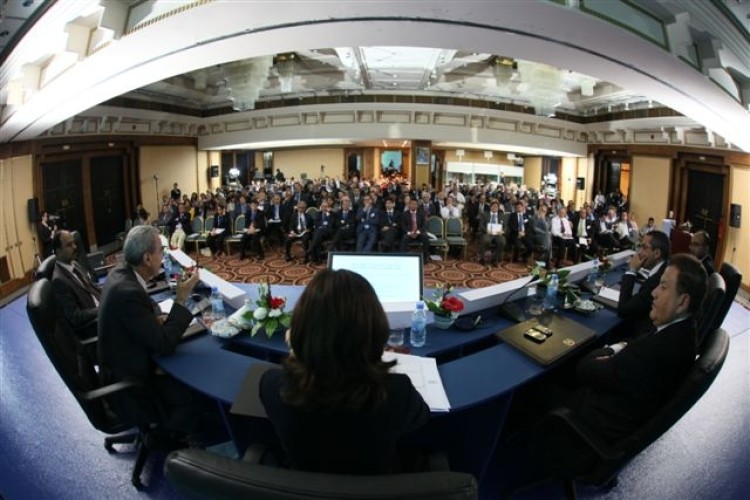The study was prepared by the PPP and project finance teams of legal advisers Pinsent Masons and Salans, and financial adviser Mazars. It demonstrates that PPP can be a viable option for specific, well-structured projects in many of the countries studied, and outlines the steps needed to boost its understanding and usage.
It was launched last week in Morocco at a conference Mediterranean infrastructure challenges: the potential of public-private partnerships, which was attended by ministers, senior officials, and other private and public sector stakeholders from the relevant countries, along with international PPP developers and funders.
As a key action point it launched a technical assistance programme for PPP in the Mediterranean region. Egypt, Jordan, Morocco and Tunisia have already been selected to receive EIB assistance in developing and managing pilot PPP projects.
The study was carried out under the EIB’s Facility for Euro-Mediterranean Investment & Partnership (FEMIP). Through FEMIP, the EIB channels funding, grants and advice for the development of the infrastructure and SME sectors in Algeria, Egypt, Israel, Jordan, Lebanon, Morocco, Syria, Tunisia, and the West Bank. The study reviewed the legal, institutional, regulatory, and financial factors for implementing PPP in each of these nine countries, with regional, individual country and international comparative assessments.

“Throughout the region there have been some major early successes in implementing PPP for vital projects in water, transport and energy that improve overall quality of life,” said Pinsent Masons partner Barry Francis. “These provide valuable lessons for all countries in the region to help them create projects that provide essential services which are economically efficient, and which transfer key risks to the private sector. From our extensive experience, there is a major demand for infrastructure funding across the region, and this study outlines the necessary next steps to increase the use of PPP where it is relevant to successfully meet this need.”
Bob Green, head of project finance of Mazars said: “It is clear that there is a large pent-up infrastructure demand in the region, and many governments are keen to use PPPs to meet this demand for essential investment. Moreover, in general, this impetus is continuing and is supported irrespective of the current political situation in several of the countries – every country needs investment in their water, energy, transport, and other public infrastructure sectors. Many countries are keen to prepare PPP projects, to launch on the market when conditions permit. In projects such as these, with high impact on societies at large, both private and public entities need to be supported by experienced advisers to ensure that their proposals best serve the public interest.”
The study may be downloaded from the EIB website.
Got a story? Email news@theconstructionindex.co.uk
.gif)


